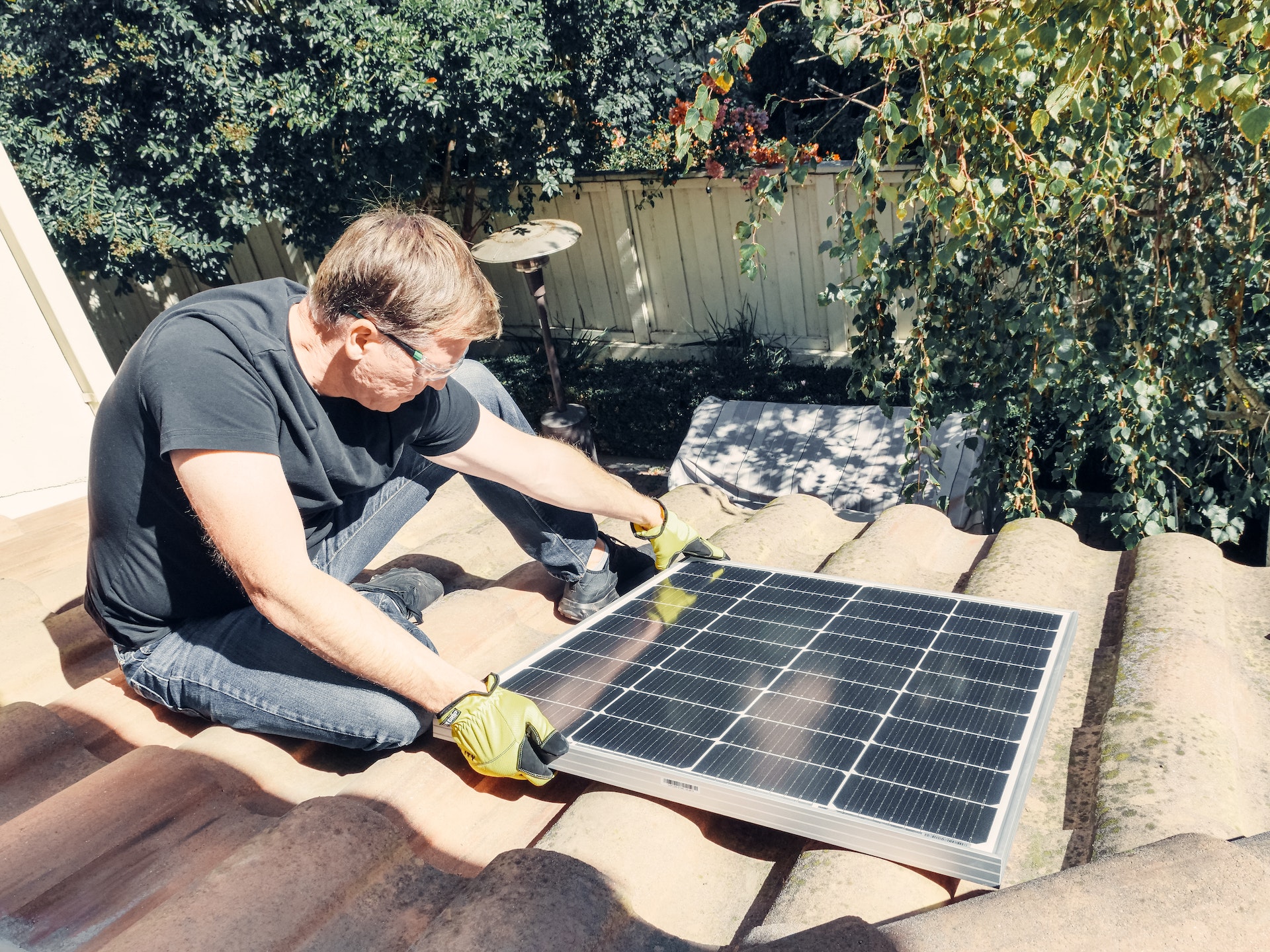Environmentally-Friendly Home Upgrades – Which are the Best Value for Money?
Climate change is a chief concern for the general public at present, particularly as the UK weathers another year of strange weather. Environmentally conscious home upgrades are one of the many ways in which people are recognising their own impacts on the environment, but also pose significant advantages in terms of cost savings. But which forms of environmentally-friendly upgrade are better value for money, and return the most on investment?
Solar Panels
A frontrunner for environmentally-friendly home upgrades with great value for money comes in the form of the humble solar panel. Solar technology has existed for decades, but has only recently become competitive with other energy sources in a meaningful way.
Today, commercially-available domestic solar arrays are capable of providing a home with bountiful electricity, and are cheaper to install than ever before. They still cost tens of thousands of pounds to install, dependent on size of home, size of array and the contracting firm doing the install. But this value can be recouped in two ways.
One short-term way is through government grants, which can heavily reduce the install cost of solar panels up front. The other is that excess electricity generated can be effectively ‘sold’ back to the National Grid, creating a source of income via the harvesting of solar energy.
Heating Systems
While an alternative source of electricity can be lucrative in the long term, electricity is not the most expensive resource – and heating systems that run largely off natural gas tend to tip the scales with regard to domestic energy cost. As such, efficient heating systems present a powerful argument for better investment value.
A new boiler is cheaper than a solar array on balance, but still not cheap. A secured loan would enable the homeowner to afford an energy-efficient alternative, and could even price them into more expensive heating systems coincident with government grant money. Efficient combi boilers reduce gas cost, but innovative alternative heating systems such as ground-source heat pumps can be much more effective – running, as they do, from cheaper electricity as opposed to gas.
Compact Toilets
Another effective environmentally-friendly upgrade is installing a sanicompact toilet. These innovative fixtures use less water per flush, contributing to significant water conservation in your home. Additionally, they are space-efficient, making them perfect for smaller bathrooms or half-baths. By reducing water usage, sanicompact toilets not only lower your utility bills but also lessen the strain on local water resources, providing an eco-friendly solution that aligns with sustainable living goals.
Insulation
Perhaps the most cost-effective form of environmentally-friendly home upgrade, though, is the passive one. Home insulation is instrumental for reducing its energy burden, as warmer homes that retain heat better are less likely to incur heavy energy usage in the winter time.
Insulation products such as mineral wools have only gotten more efficient, and the relatively low cost of a cavity wall insulation easily trumps the significant cost of a new boiler – particularly when the Energy Savings Trust indicates that up to £500 could be shaved from the homeowner’s energy bill each year.










